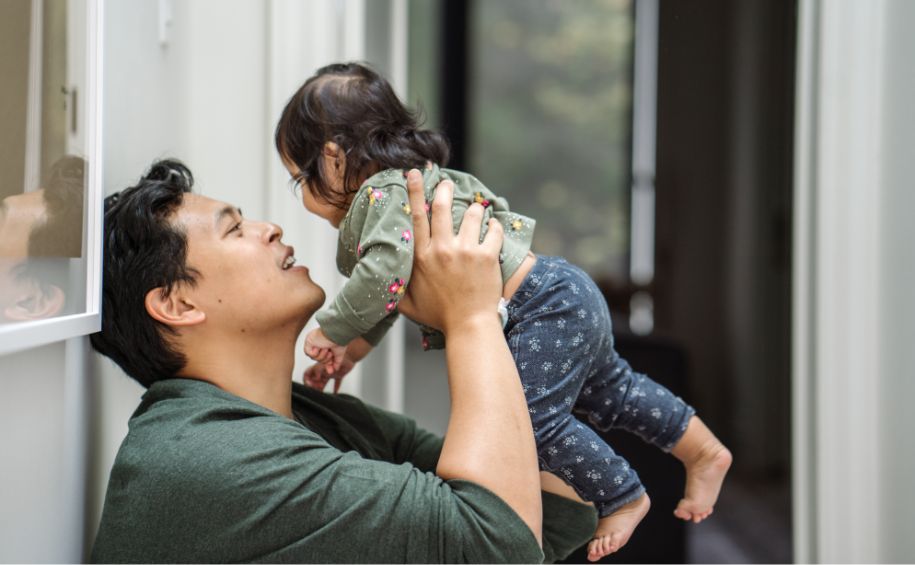Call Today to Speak with an Attorney (704)-635-6278
Parallel parenting when co-parenting isn’t feasible

Some divorced parents seem to go about co-parenting with ease. They agree on house rules, attend special events together and work as a team even though they are no longer married. This type of teamwork is not possible for all divorced parents, however. Sometimes a marriage and post-divorce life is filled with animosity, and it seems like common agreements simply cannot be made. Even if they cannot co-parent, parents can still raise their child in a way that is in the child’s best interests through parallel parenting.
What is co-parenting?
Co-parenting means that the parents work together to develop an agreeable way to raise their child. They may agree on household rules, communicate effectively and frequently with regards their child and they may even attend appointments, functions and special events with their child together.
What is parallel parenting?
Parallel parenting, on the other hand, means that parents will not attend their child’s functions together. Through parallel parenting, each parent respects the fact that they will each make their own rules for when their child is in their care. They generally only communicate in writing, whether that is a notebook, text messages or email. This can help high-conflict parents raise their child together without having to cooperate with one another in a way that simply will not work.
What are the benefits of parallel parenting?
Parallel parenting allows parents to move into the future untethered from their married past, even though they have a child together. They respect each other’s parenting responsibilities while still living their own life as a newly-single person. While co-parenting may be preferable if parents can get along, parallel parenting may be preferred as a child custody method in high-conflict situations, as long as the child’s safety is not compromised.


